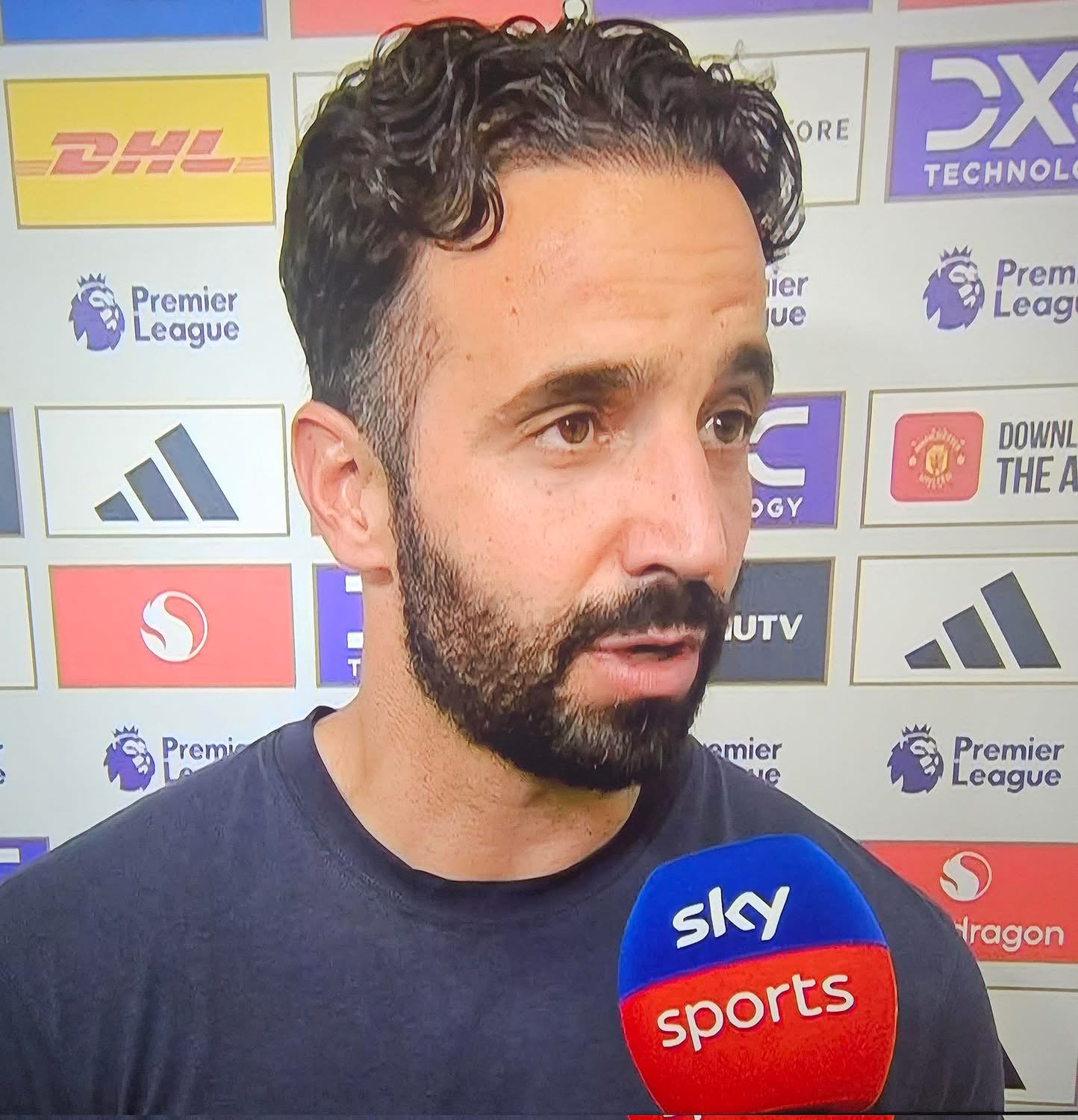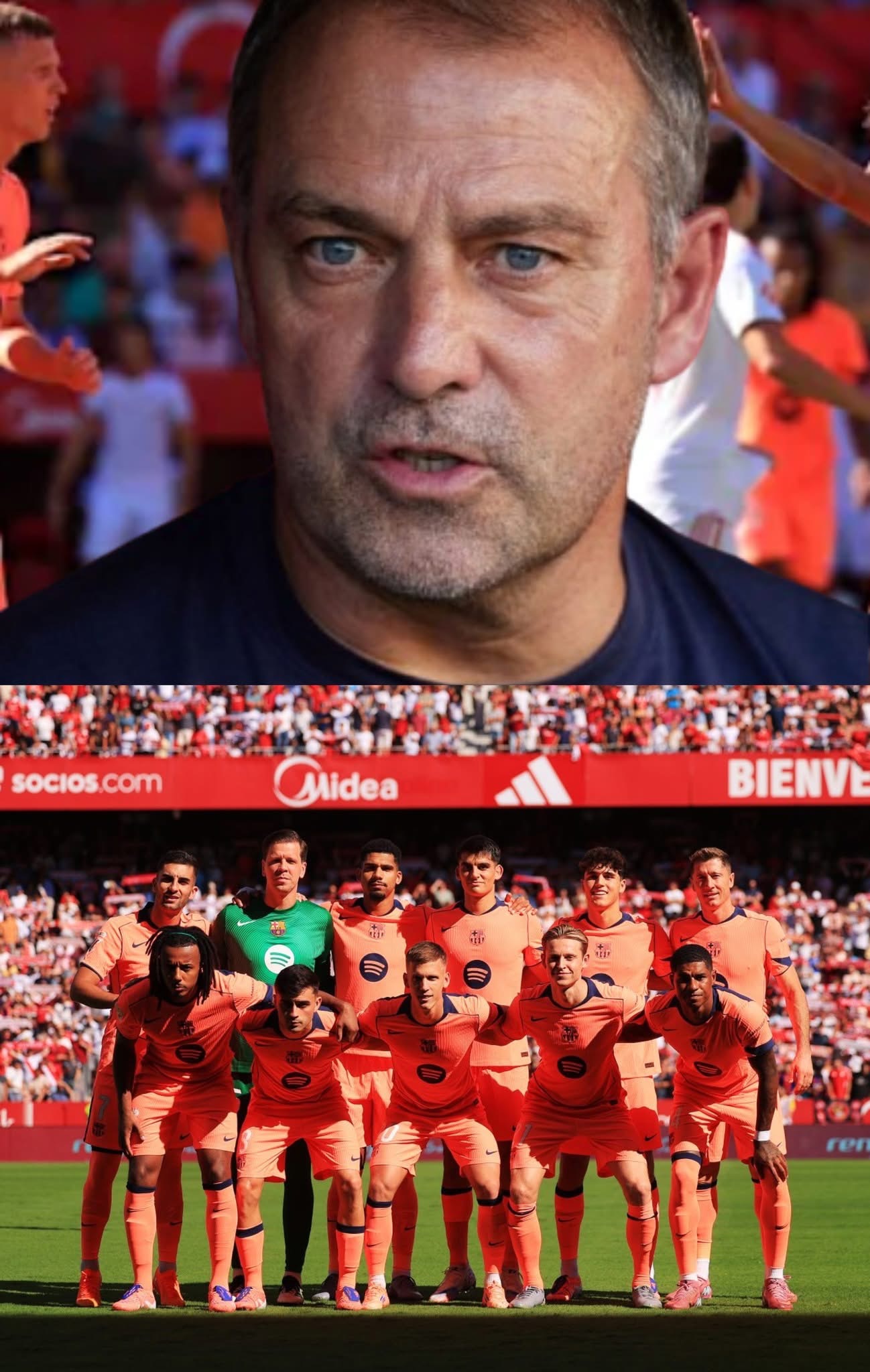“I really don’t understand why he insists on putting him in that role.”
Those words from Matheus Cunha have sent shockwaves through the football community, as the forward openly questioned Rúben Amorim’s tactical decision-making. What makes this situation even more striking is that Cunha reportedly approached the manager privately beforehand, pleading with him not to use a teammate in that position. Instead of heeding the advice, Amorim went ahead with his plan, a move that not only disappointed Cunha but also set the stage for this very public fallout. For a player to openly challenge a coach is always risky, but it also signals how strongly Cunha feels about the issue.
This confrontation has sparked debates about whether Amorim’s rigid tactical approach is starting to wear thin with some players. Coaches often demand trust and obedience, but footballers, especially experienced ones like Cunha, also carry an understanding of what works on the pitch. By ignoring his player’s concerns, Amorim might have inadvertently created tension that goes beyond one single decision. When frustrations like this surface, it often reveals that communication within the team might not be as solid as it appears on the outside. Fans and pundits alike are beginning to question whether this is an isolated clash or a symptom of a bigger problem inside the dressing room.
For Cunha, speaking out so boldly carries consequences. On one hand, it shows leadership and a willingness to stand up for what he believes is best for the team. On the other, it can be interpreted as undermining the manager’s authority, something that can quickly spiral into disciplinary action or strained relations. If Amorim views this as a challenge to his control, the fallout could affect not only Cunha’s place in the squad but also the harmony of the team as a whole. Dressing rooms thrive on unity, and any public display of division risks destabilizing the entire setup, especially if other players start to quietly agree with Cunha’s perspective.
The question now is whether this clash will fizzle out or grow into a deeper conflict. Football history is full of moments where player-coach disagreements have either led to reconciliations that strengthened the team or escalated into feuds that derailed entire seasons. With emotions running high and fans already buzzing about the incident, Amorim and Cunha face a pivotal moment. How they handle this tension—whether through clear communication, compromise, or doubling down—will shape not only their relationship but also the direction of the squad in the weeks ahead.






